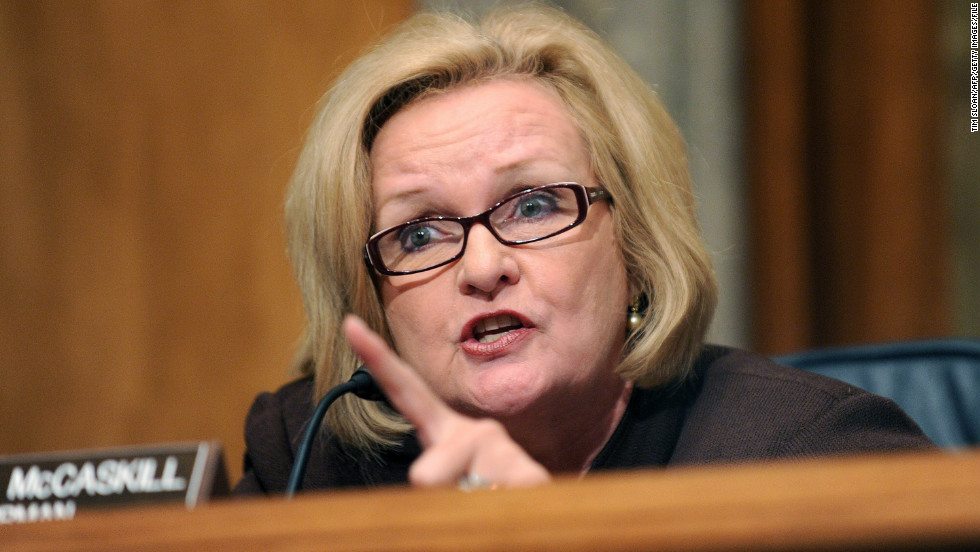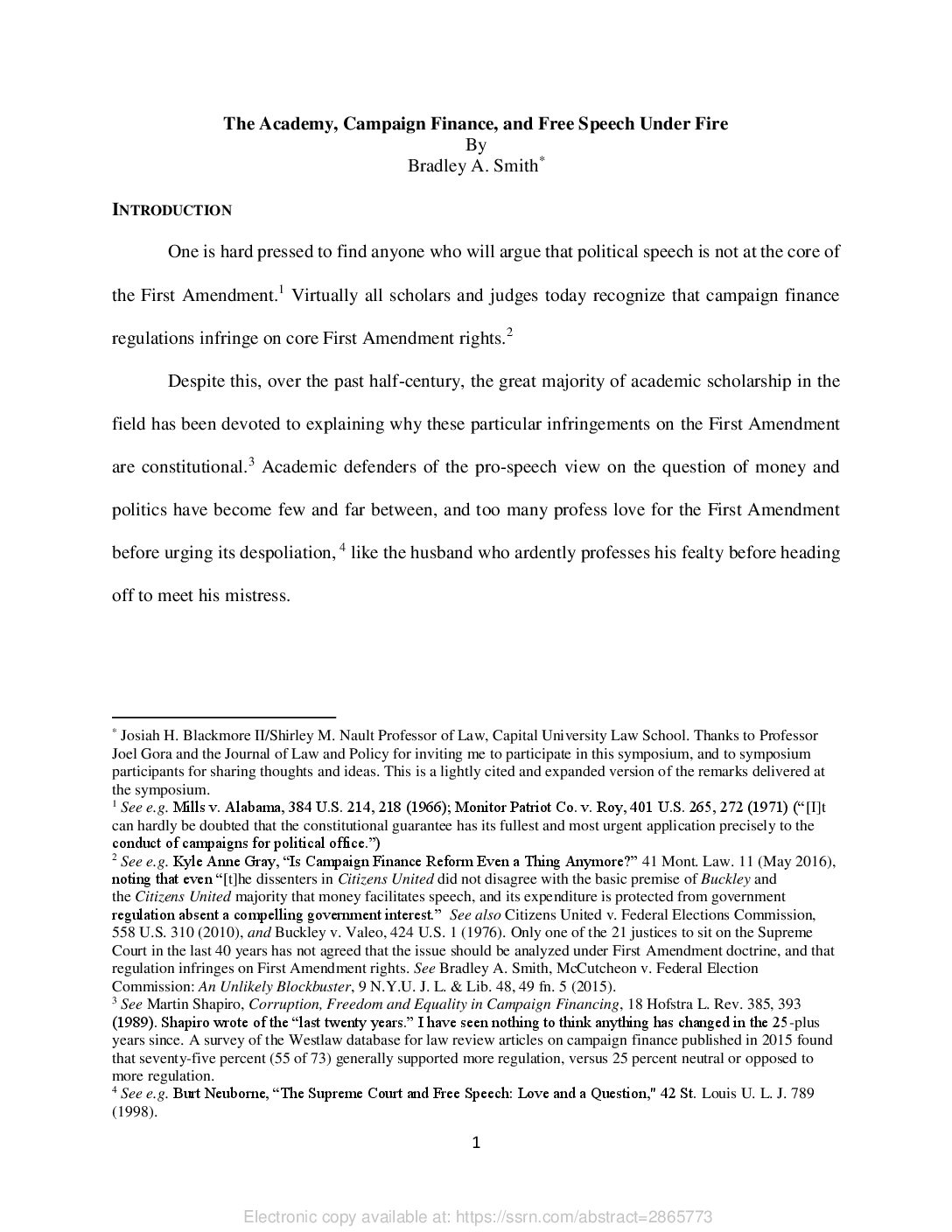After years decrying the influence of money in politics, it took less than three months after winning re-election for President Obama’s views to flip. Just days after his campaign committee re-organized as a 501(c)4 organization, it started soliciting donations from corporate sponsors. Politico reported (Barack Obama’s new ‘grass-roots’ group isn’t quite):
In its first days, Organizing for Action has closely affiliated itself with insider liberal organizations funded by mega-donors like George Soros and corporations such as Lockheed Martin, Citi and Duke Energy. And it has quietly sought support from the same rich donors who backed Obama’s campaigns, asking for help from Democratic donors and bundlers in town for the Inauguration at a closed-door corporate-sponsored confab that featured Bill Clinton as the keynote speaker.
These actions have not gone unnoticed by the very organizations that Obama spoke out against during his campaign. Last Friday, 501(c)4 organization Americans for Prosperity released this video:
Even Democracy 21 President Fred Wertheimer has jumped on the bandwagon, writing in a Huffington Post article last week (A Challenge to President Obama’s New 501(c)(4) Group):
What does the president expect the American people to think when he attacked the Citizens United decision as “a major victory for big oil,” and then accepts $250,000 from ExxonMobil, the biggest of “big oil,” to help pay for his second inauguration?
Hypocrisy aside, does the existence of this organization really present a corruption interest? In a Washington Free Beacon article titled “Obama Embraces ‘Dark Money’” CCP Chairman Brad Smith makes the argument:
“Obama shows through his actions what he really believes,” said Smith. “When he takes these contributions he [shows he] understands … this is not necessarily corrupting.” Smith, who says he is not concerned about politicians being corrupted by corporate donations, says he is more uneasy that corporations may feel blackmailed into giving money to OFA in order to access federal perks. “If [they] want to get [their] green subsidies or waivers from Obamacare, then they might feel that it would be a good idea to give to this group,” he said. “That to me is more of a worry than the idea that they might gain access to the president or change his opinion.”
If there’s something to be learned from all of this, it’s that politicians are ultimately in the business of winning elections. In an election year, decrying unpopular parts of the political system as a threat to good government is a vehicle for winning public support. This was an extremely useful tactic for Obama during the campaign. Now that he’s won re-election, there’s no point in sticking with that same rhetoric, especially if a 501(c)4 organization will be useful in advancing another agenda.














